
How Long Does It Take to Fade Acne Scars: Explained
Acne scars are a constant reminder of bad skin days. Even though we know that they aren’t permanent, we keep wondering when they will go away. But how long does it take for acne scars to fade in reality? Is there a way to get rid of them sooner? Find out all the details from this skincare guide.
How long does it take for acne scars to fade?
If you are wondering how much time acne scars take to fade , you should know that it depends on the type of scar. Each scar type has its own healing timeline, and understanding this can help you set realistic expectations. Let's break down the time frames for different kinds of acne scars:
Mild PIH (dark spots)
PIH usually fades within 3 to 6 months, although the exact time can vary depending on factors like skin tone and how much sunlight the spots are exposed to. But What is Post-Inflammatory Hyperpigmentation ? It refers to dark spots left behind after an acne breakout. These spots are caused by the skin's overproduction of melanin in response to inflammation.
Red marks from acne
Red marks from acne, often called erythema, occur when the skin remains inflamed after a pimple has healed. Red Spots on Face are typically temporary and can fade within a few weeks to several months. Lighter skin tones tend to see faster healing, while darker skin tones may take a little longer due to the higher production of melanin.
Depressed or atrophic scars
Depressed or atrophic scars are characterised by a loss of skin tissue, resulting in pitted or indentations on the skin. These Types of Acne Scars, such as ice pick, boxcar, and rolling scars, can take years to fade naturally, and in some cases, they may not fade significantly without professional treatments like dermal fillers or laser resurfacing
Hypertrophic or keloid scars
Hypertrophic and keloid scars are raised, thickened scars that occur due to an overproduction of collagen during the healing process. These types of scars may not fade on their own and could require treatments such as steroid injections, silicone gels, or surgery to reduce their appearance. Without intervention, they may remain permanent
Factors that affect healing time
Several factors influence how quickly a Dark Spot After Pimple breakouts fade. These factors can determine not only the healing time but also how effective treatments might be. Let's look at the key factors that play a role in the healing process
Skin type and natural healing ability
Your skin type significantly impacts the speed at which scars fade. Individuals with more sensitive or delicate skin may experience longer healing times due to slower collagen production or more intense reactions to inflammation. Conversely, people with resilient skin that heals quickly may notice improvements sooner. Additionally, the natural healing ability of your skin, which can vary from person to person, plays a major role in the overall process.
The severity of the acne scar
The severity of the scar determines how long it will take to fade. Mild scars, like post-inflammatory hyperpigmentation, can fade relatively quickly, while more severe scars, like deep atrophic scars, may require a longer time or professional intervention for noticeable results. The deeper the scar, the more time and care it needs.
Age and collagen production
As we age, our skin produces less collagen, which can slow down the healing process. Younger individuals typically experience faster healing due to more active collagen production, while older individuals may notice that scars take longer to heal and fade
Skincare routine and treatments used
A good skincare routine, combined with the right treatments, can significantly speed up the healing of acne scars. Incorporating products with ingredients like vitamin C, retinoids, or acids can help to exfoliate the skin and promote cell turnover, encouraging faster healing. Treatments like chemical peels or laser therapy may also help speed up the fading process.
How to fade acne scars faster
While it takes time for acne scars to fade, there are steps you can take to accelerate the process. A combination of effective ingredients, professional treatments, and proper skin protection can help your scars disappear sooner.
Use ingredients that help fade pigmentation
Certain ingredients are known for their ability to fade pigmentation and promote healing. Vitamin C helps brighten dark spots and promote collagen production, while tranexamic acid has been shown to reduce the appearance of dark spots by inhibiting melanin production. Dark Spot & Hyperpigmentation Correcting Power Serumis a powerful solution with vitamin C, tranexamic acid, and other ingredients to brighten your skin tone
Professional treatments for faster results
If you're trying to figure out how to fade acne scars faster, professional treatments like chemical peels, microdermabrasion, or laser therapy can speed up the fading process. These treatments work by exfoliating the skin, stimulating collagen production, and reducing hyperpigmentation. It's always best to consult with a dermatologist before undergoing these treatments to determine which is best for your skin type and scar severity.
Maintain a healthy skincare routine
A consistent skincare routine is crucial for scar healing. Gentle exfoliation, hydration, and scar-fading ingredients like retinoids or alpha hydroxy acids can help encourage cell turnover and promote healing. You can also incorporate the Super Clarifying 12% Niacinamide Face Serum into your skincare regimen because niacinamide is a popular ingredient behind getting blemish-free skin
Protect skin from sun exposure
Sun exposure can darken scars and prolong the healing process. Always wear sunscreen with a high SPF to protect your skin from harmful UV rays. Even when indoors, it’s essential to apply sunscreen, as UV rays can penetrate through windows and exacerbate pigmentation issues. Try something like the Mineral Matte Tinted Sunscreento receive sun protection without your skin feeling oily.
Conclusion
While the time it takes for acne scars to fade can vary, with the right approach, patience, and care, you can speed up the process. By understanding the types of scars you have, using effective skincare ingredients, and seeking professional treatments when necessary, you can gradually restore your skin to its natural glow..
FAQs:
How long does it take for acne scars to go away naturally?
Acne scars can take anywhere from a few weeks to several years to fade, depending on the type of scar. Mild scars may fade in a few months, while more severe scars may require professional treatment for noticeable improvement.
Can acne scars disappear completely?
In many cases, acne scars can fade significantly with proper care, but some scars, especially deep or keloid ones, may never completely disappear without treatment.
What is the fastest way to fade acne scars?
Professional treatments like laser therapy, chemical peels, or microneedling are some of the fastest ways to fade acne scars. Additionally, using ingredients like vitamin C and tranexamic acid can help fade pigmentation faster.
How fast can you fade acne scars?
Fading acne scars can take anywhere from a few weeks to a few months, depending on the severity of the scar and the treatments used. More severe scars may take longer or require professional intervention
Does vitamin C help with acne scars?
Yes, vitamin C helps reduce hyperpigmentation and promotes collagen production, which can speed up the fading of acne scars and improve skin texture over time.

























































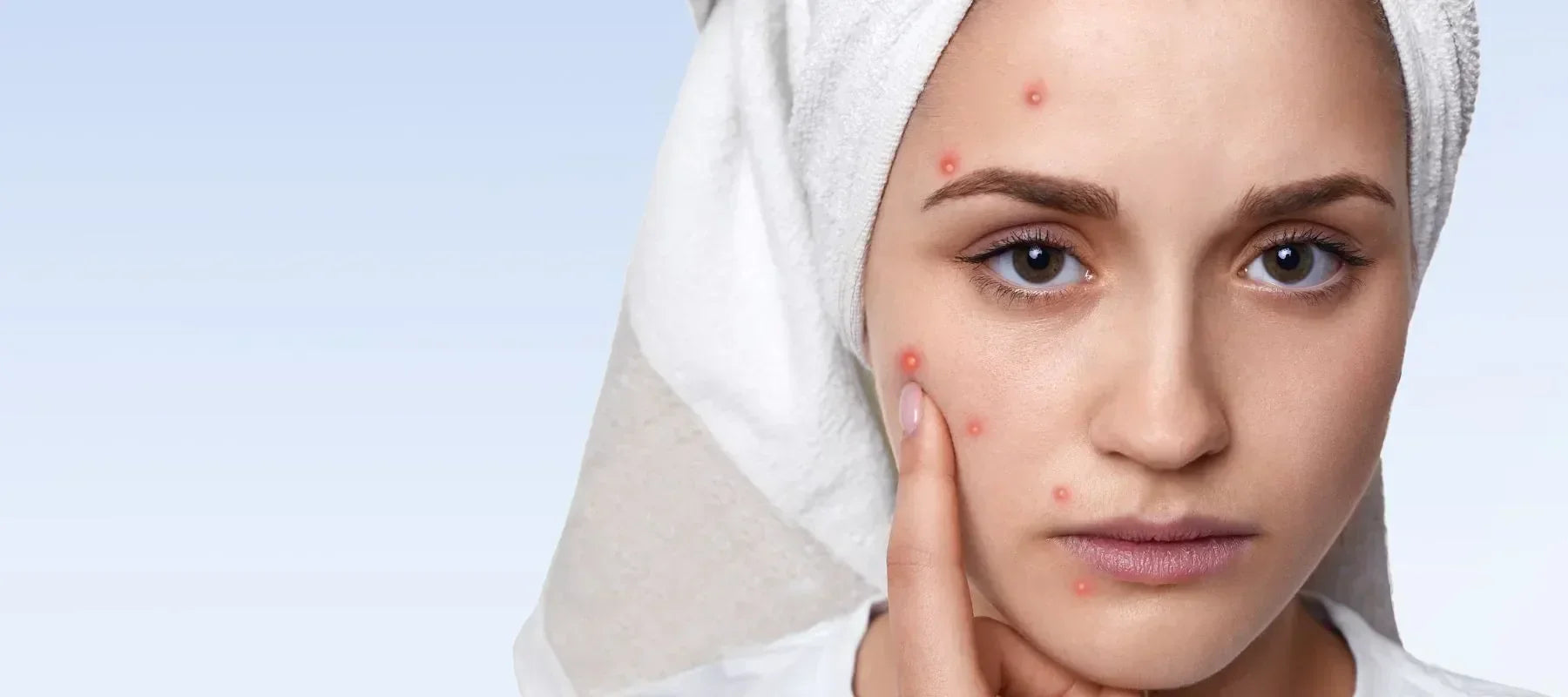
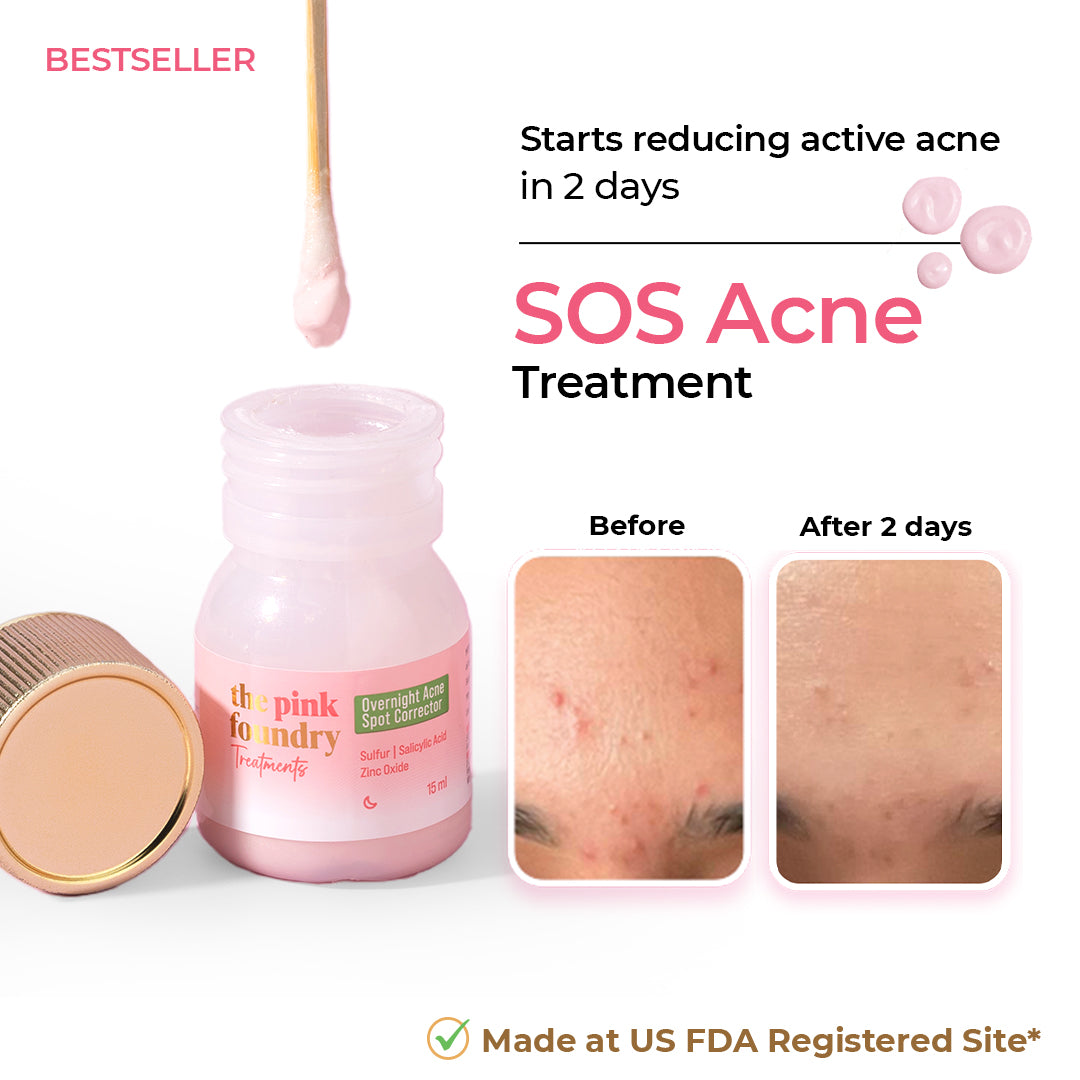
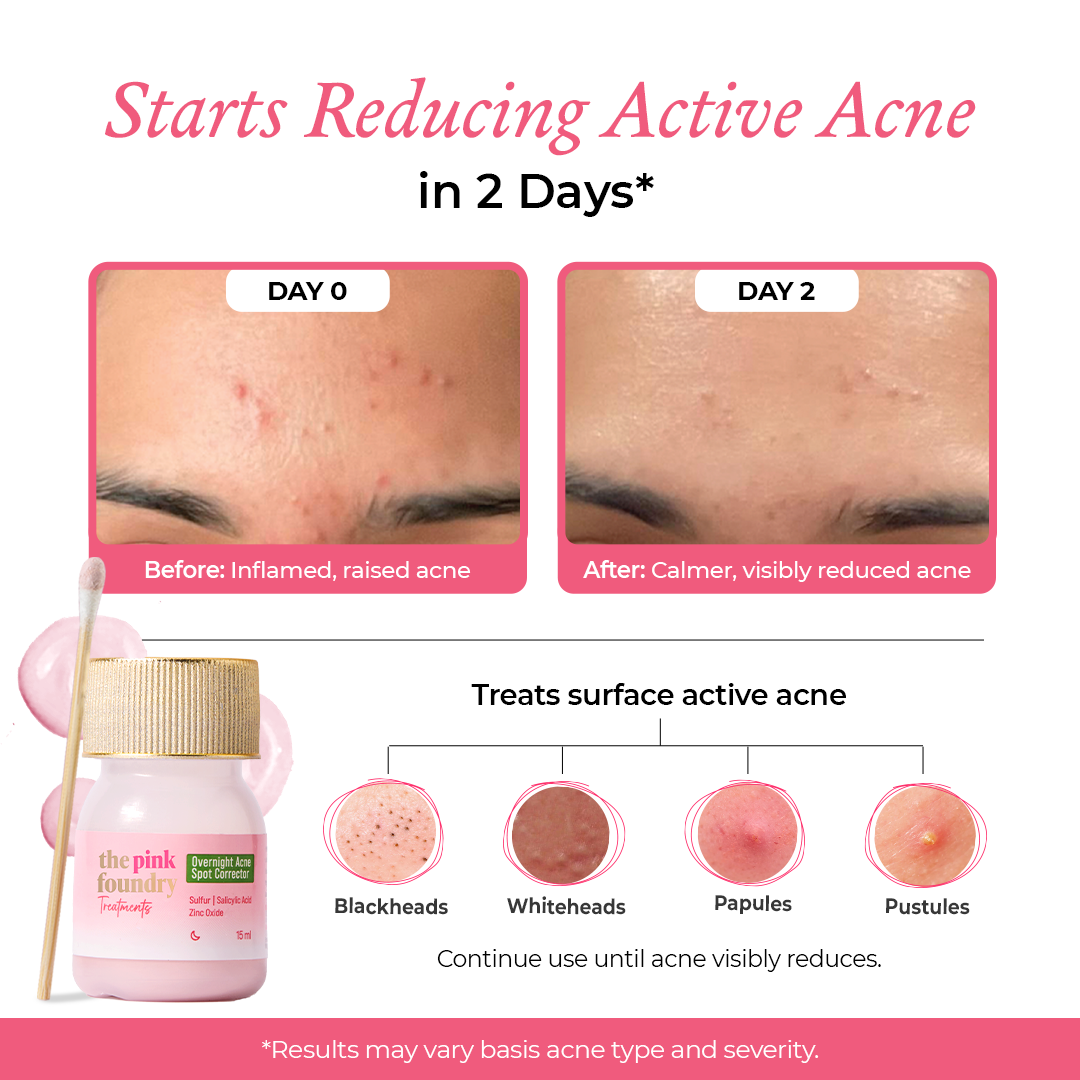


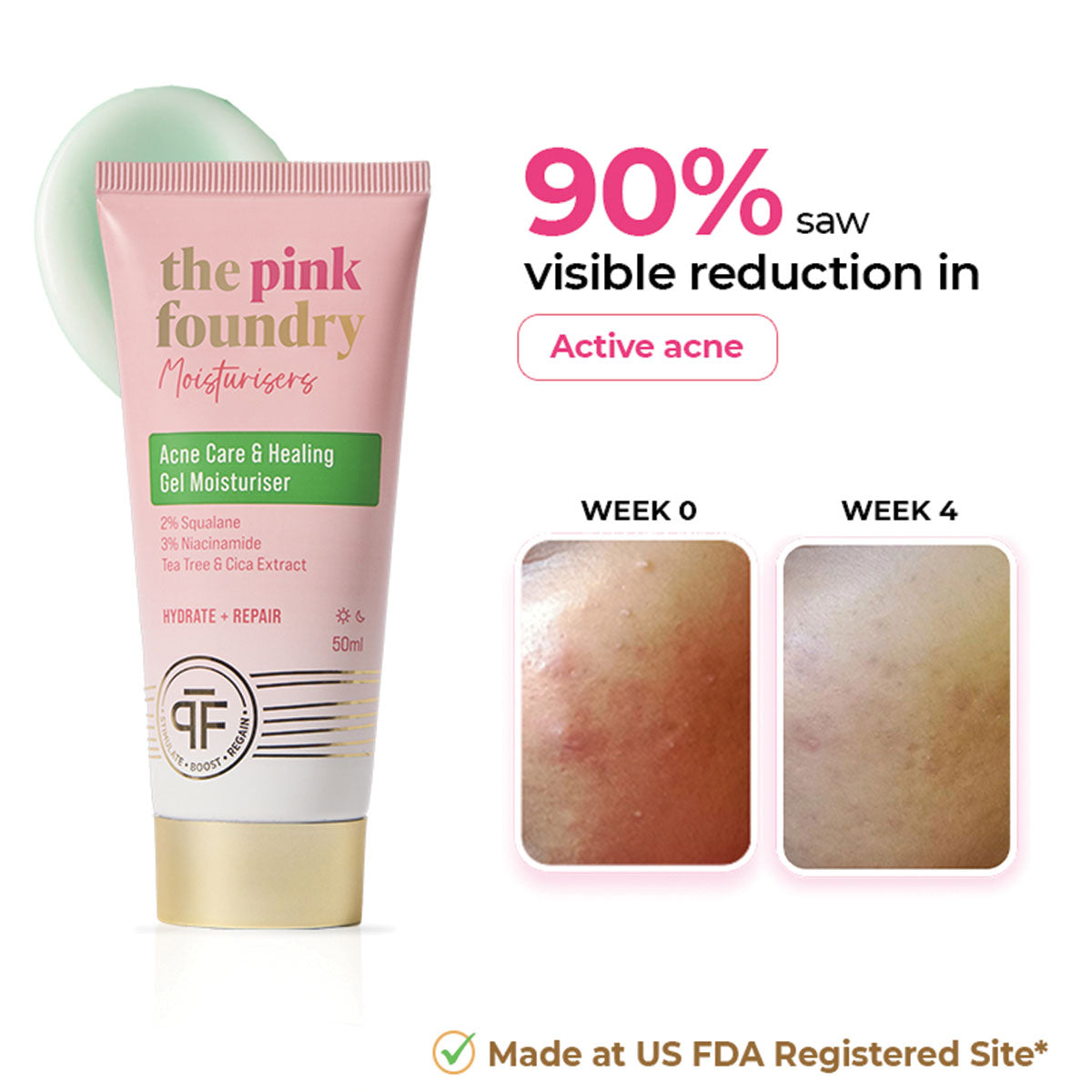
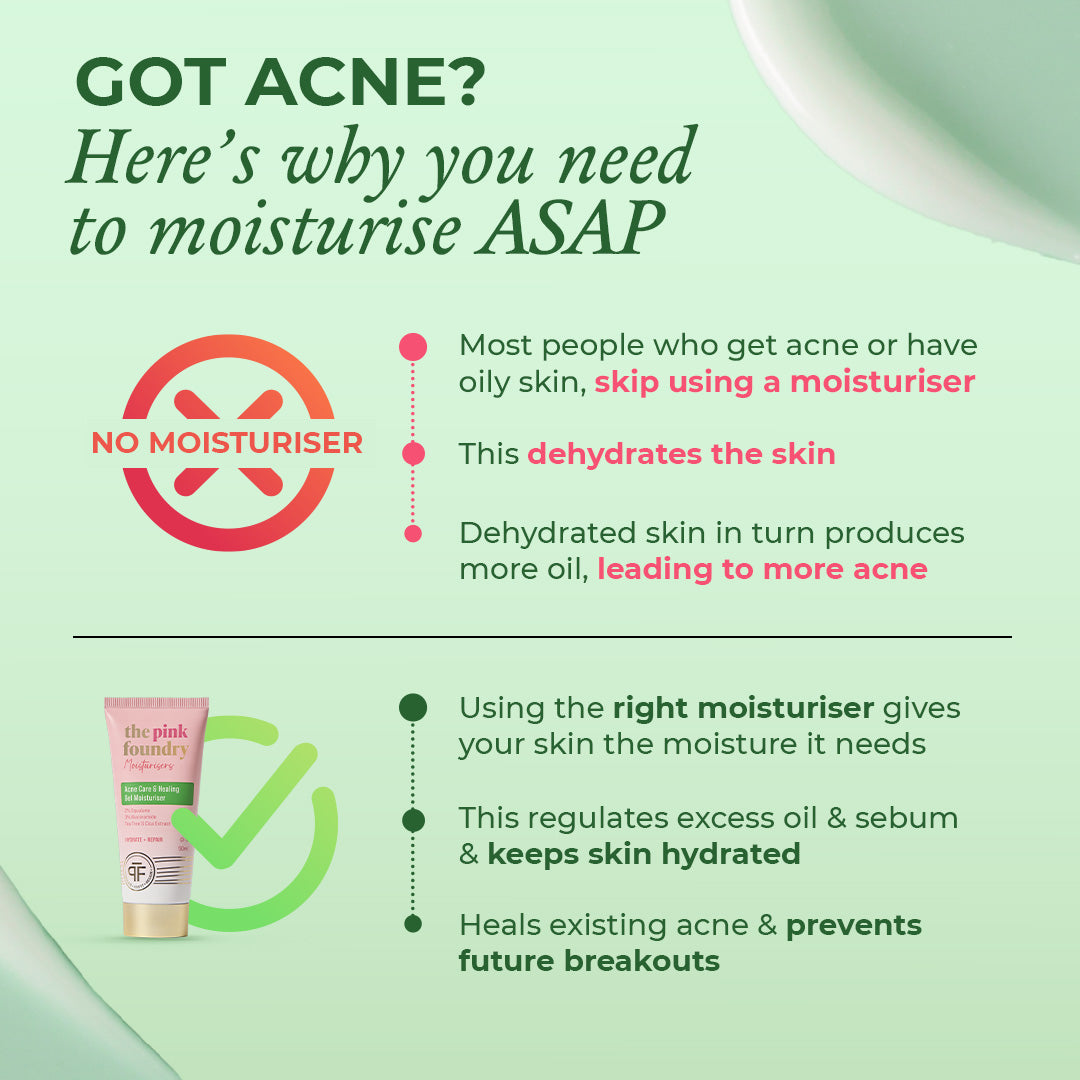










Leave a comment
This site is protected by hCaptcha and the hCaptcha Privacy Policy and Terms of Service apply.